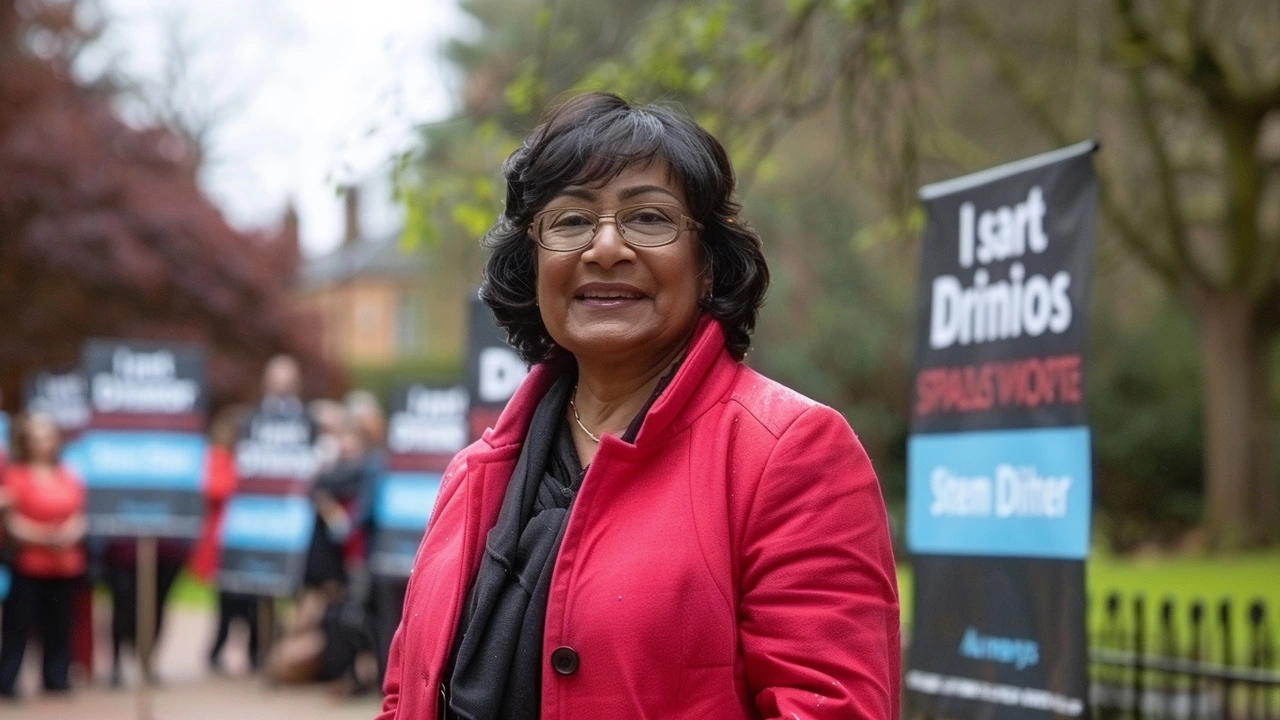Diane Abbott: A Quick Guide to the UK Politician Who Keeps Speaking Up
If you’ve heard the name Diane Abbott on the news, you probably know she’s a long‑standing member of the British Parliament. But what does she actually do, and why should anyone outside Westminster care? In plain English, Diane Abbott is a Labour MP who’s made a career of pushing for equality, speaking out on social issues, and challenging the status quo.
Born in London in 1953, Abbott became the first Black woman elected to the House of Commons back in 1987. That milestone alone gave her a platform to highlight racism, gender bias, and the everyday struggles of ordinary people. Over the years she’s held several shadow cabinet posts, including Shadow Secretary of State for International Development and Shadow Home Secretary. Even when she’s not front‑and‑center in the headlines, she’s busy drafting questions, joining debates, and voting on everything from healthcare to transport policies.
What You Need to Know About Diane Abbott
First off, Abbott’s name pops up in discussions about education, policing, and social welfare. She’s a vocal supporter of free school meals, affordable housing, and reforms to the criminal justice system. Her stance on policing often draws criticism, but she argues that current practices can erode trust in communities. If you’re curious about how a single MP can influence national policy, her parliamentary questions are a great place to start – they’re public records and show her priorities in real time.
Second, she’s not shy about controversy. Whether it’s a misstep on the campaign trail or a heated interview, she tends to own her mistakes and move on. That resilience is part of why she’s stayed relevant for more than three decades. She also uses social media to connect directly with constituents, sharing updates, answering questions, and sometimes posting memes that highlight serious topics in a lighter way.
Why Her Work Still Matters
Even if you’re not a politics junkie, Abbott’s work touches everyday life. For example, her push for better public transport funding can affect commuters in towns across the UK. When she talks about climate change, she’s reminding policymakers that the UK needs greener solutions now, not later. Her advocacy for mental health services has helped shape funding decisions that benefit schools and workplaces.
On a broader level, Abbott’s presence in Parliament sends a message about representation. Seeing a Black woman in a high‑profile political role can inspire younger generations to consider public service careers. That ripple effect is hard to measure, but it’s a real part of her legacy.
If you want to follow her latest moves, keep an eye on the official Parliament website or her verified social accounts. They’ll give you a front‑row seat to new bills she supports, speeches she gives, and the occasional behind‑the‑scenes look at how a bill becomes law.
Bottom line: Diane Abbott is more than a name on a ballot. She’s a seasoned MP who uses her platform to champion social justice, push for policy changes, and stay engaged with the public. Whether you agree with every stance she takes or not, understanding her role helps you get a clearer picture of how British politics works today.
Diane Abbott Receives Formal Warning from Labour Party Following Racism Comments Investigation
After a thorough eight-month investigation into her comments on racism, Diane Abbott has received a formal warning from the Labour Party and has completed an antisemitism awareness course. Abbott, who represents Hackney North and Stoke Newington, faced suspension for her remarks on prejudice faced by Jewish, Irish, and Traveller communities.
VIEW MORE